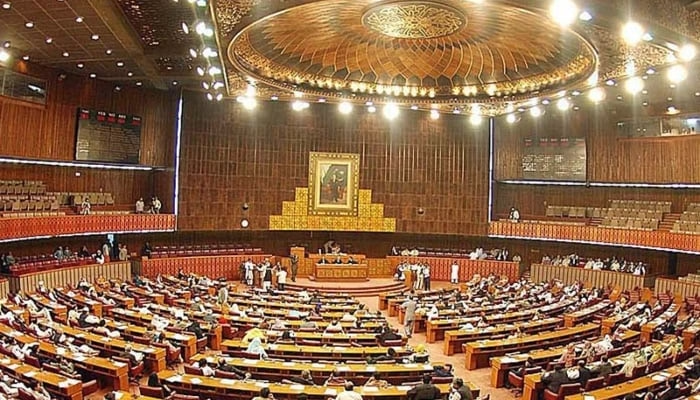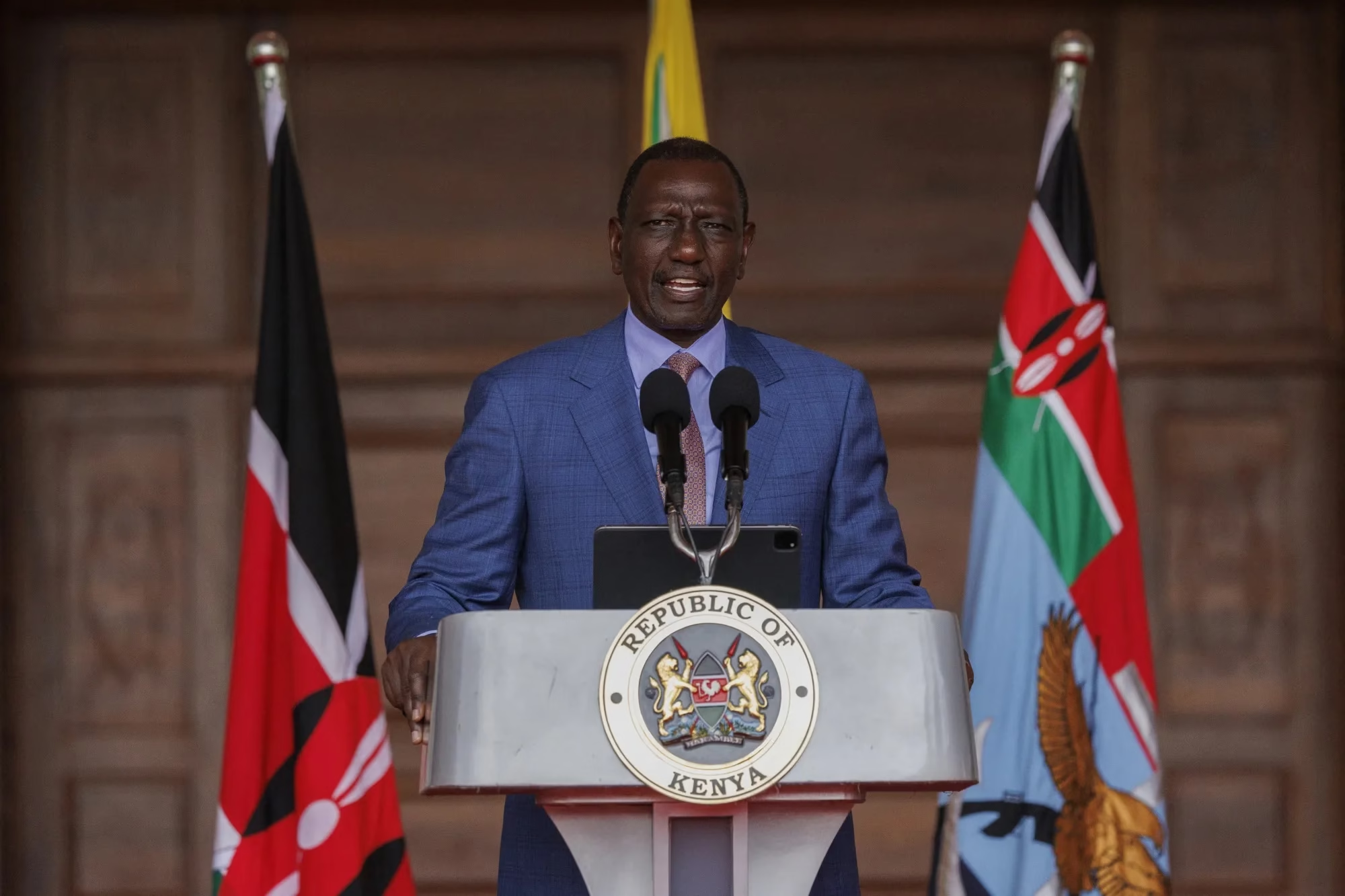Finance Minister Muhammad Aurangzeb has publicly defended the significant salary increases for federal ministers and parliamentarians, following growing criticism over the budget allocations for fiscal year 2025–26. Speaking at a post-budget press conference, the minister responded to a flurry of questions from journalists who raised concerns about the steep rise in salaries, particularly at a time when ordinary government employees received comparatively modest increases.
No Raise Since 2016, Says Finance Minister
Aurangzeb began his defense by explaining the context behind the decision. According to him, no salary adjustments had been made for ministers and parliamentarians for the past nine years. He highlighted that the last time cabinet ministers received a salary increase was in 2016, and that the recent hike was long overdue.
“If salaries had been adjusted gradually every year in line with inflation,” Aurangzeb said, “we wouldn’t have faced the need for such a sharp increase all at once.”
He pointed out that the Chairman of the Senate and the National Assembly Speaker had seen their salaries rise from Rs. 2.5 million to Rs. 2.1 million, clarifying that the adjustment should not be viewed in isolation but as a necessary correction for years of stagnation.
Salaries of Public Servants Also Need a Benchmark
When questioned about the relatively low salary increases for government employees, especially in light of rising living costs, Aurangzeb acknowledged the concerns but urged for a more structured approach to compensation. He emphasized the importance of establishing a global benchmark when it comes to adjusting salaries and pensions.
“All over the world, salary increments are aligned with inflation,” he said. “Our inflation is currently around 7.5%, and we must ensure that salary increases reflect that without jeopardizing the fiscal discipline we are trying to restore.”
Aurangzeb noted that while the federal budget had included salary increases for public sector employees, the scope for larger adjustments was limited due to budgetary constraints. He argued that government compensation packages should remain sustainable and not add further pressure to an already strained fiscal system.
“If Public Servants Get Raises, So Should Ministers”
The finance minister also took a firm stance on the notion that ministers and parliamentarians should not be excluded from the salary discussion. “If we believe that government employees deserve pay raises in line with inflation, the same principle should apply to elected officials,” he said.
He stressed that ministers are public servants too, responsible for policymaking, governance, and national decision-making, and that their salaries should reflect both the responsibility of their roles and the rising cost of living.
Aurangzeb added that while there’s a valid debate around perks, benefits, and performance-based compensation, it is important to separate political narratives from economic realities. He reiterated that transparent salary structures are essential for creating accountability in public office.
Reducing Federal Expenditures Still a Priority
While defending the salary hike, the finance minister reaffirmed the government’s commitment to fiscal responsibility and expenditure control. He said one of the key goals of the new budget is to reduce federal expenses and streamline inefficient spending.
“We are working to rationalize government expenditure across all departments. Increasing salaries doesn’t mean we are abandoning fiscal discipline,” he noted.
Aurangzeb emphasized that the government’s broader reform agenda includes tax system modernization, revenue growth, cutting down on unnecessary subsidies, and ensuring better utilization of development funds.
Mixed Public Reaction
The Finance Minister’s explanation has triggered mixed reactions from the public and economists. Critics argue that raising salaries for ministers at a time of widespread economic hardship sends the wrong message, especially to citizens struggling with inflation, unemployment, and reduced public services. On the other hand, supporters say that long-overdue salary adjustments are necessary for transparency and maintaining morale within public office.
Some analysts suggest that the timing of the increase—immediately following the announcement of a deficit-heavy budget—could have been better managed, either by phasing it over several fiscal cycles or tying it to specific performance outcomes.
Muhammad Aurangzeb’s defense of the salary hikes highlights a delicate balancing act: meeting the demands of fiscal responsibility while ensuring fair compensation for public officials. As Pakistan faces ongoing economic pressures, the government will need to work harder to justify such decisions with transparency, logic, and accountability, especially in the eyes of a skeptical public.



